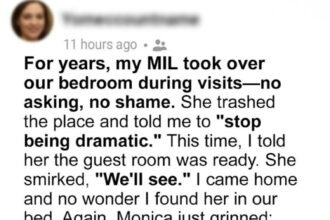Furthermore, perishable foods should be refrigerated promptly—within two hours, or one hour if the temperature exceeds 90°F—and fridges should be maintained at 40°F or below to curb bacterial growth.
Other prevention strategies include ensuring access to safe drinking water. When camping, hiking, or traveling, it’s important to treat water to prevent contamination.
Similarly, individuals should refrain from swallowing water while swimming in lakes, ponds, or pools, and avoid swimming if experiencing diarrhea.
Lastly, consumers should only purchase milk, juices, and dairy products labeled as pasteurized, as this process eliminates harmful germs, including E.
coli, enhancing food and beverage safety.
By adhering to these guidelines, individuals can significantly lessen their risk of E.
coli infection and other foodborne illnesses, thereby protecting themselves and their families.














